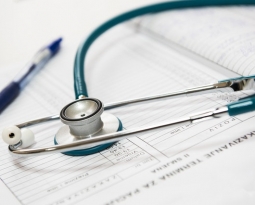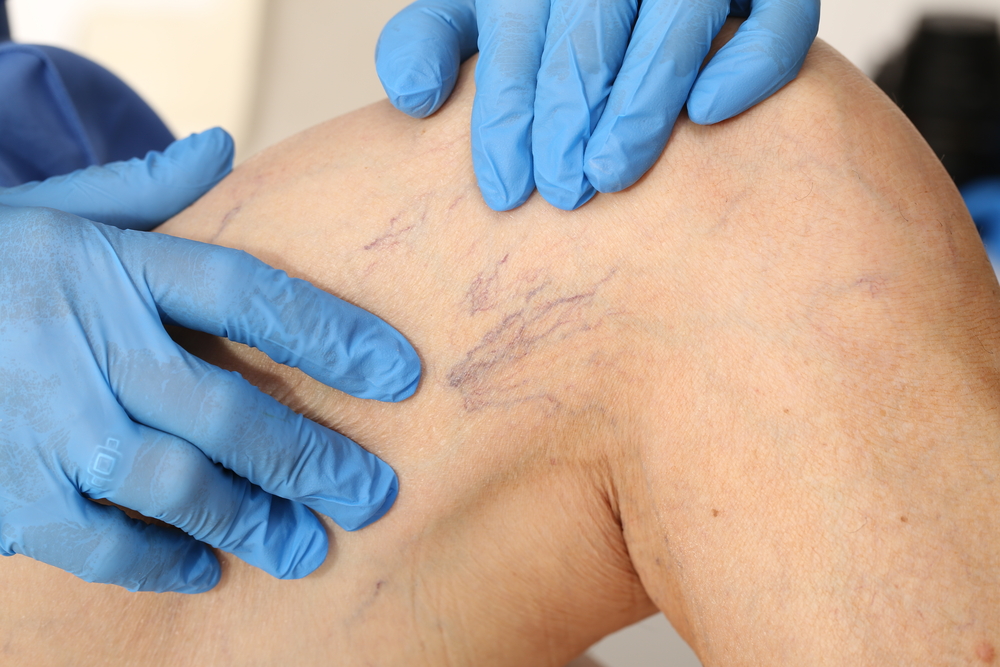Heart Failure Treatment
Heart failure can be serious but with the right treatments, you can recover. There is no cure for heart failure but there are treatments available to help you manage the symptoms.
If you experience heart failure, these are some of the treatment options available to you:
- Use of a medical device such as an implantable cardioverter defibrillator, cardiac resynchronization therapy, or a left ventricular assist device
- A surgical procedure such as heart transplantation, percutaneous coronary intervention, coronary artery bypass, or valve replacement
- Prescription medications including angiotensin-converting enzyme inhibitors, angiotensin II receptor blockers, along with a handful of others
- Lifestyle changes to support heart health
We’ll go over the variety of treatment options that may be a part of your care plan after experiencing heart failure. Although incurable, you can make the most of your quality of life if you practice good self-care and work together with your medical team to maintain your heart health.
You May Be Assigned a Medical Device After Heart Failure
After heart failure, your doctor may deem it necessary for you to use a medical device to monitor your heart for any future abnormalities. These devices can potentially save your life if your heartbeat starts to become erratic as they can notice it early on and help regulate your heartbeat and avoid an ER visit.
The medical devices typically used to address heart failure are:
- Implantable cardioverter defibrillator (ICD)
- Cardiac resynchronization therapy (CRT)
- Left ventricular assist device (LVAD)
An implantable cardioverter defibrillator (ICD)
is a small device placed in your chest that listens for any irregularities in your heartbeat. If it detects that your heart rate has become abnormal, it can deliver electric shocks that help regulate your heartbeat. Think of it as a mini form of electric paddles such as those used in the ER to shock a person’s heart into beating again.
An ICD can possibly prevent a visit to the hospital or help save your life if you go into cardiac arrest but aren’t able to get medical assistance right away.
Cardiac resynchronization therapy (CRT)
also involves a device implanted in the chest like an ICD. With CRT, a cardiac resynchronization device, also known as a pacemaker, is placed in your chest. This device sends out electrical signals to your heart ventricles to encourage them to contract in a more synchronized fashion, thus improving blood circulation from the heart to the rest of the body.
CRT can be done in conjunction with an ICD if you also experience an erratic heart rate.
A left ventricular assist device (LVAD)
serves as a mechanical pump to help pump blood out to the body from your left heart ventricles. When your heart is in a weakened state from heart failure, an LVAD can assist with the necessary blood pumping action.
An LVAD may be reserved for more serious cases of heart failure since the procedure involves open-heart surgery.
Your Doctor May Recommend Surgery if You Experience Heart Failure
In some cases, your doctor may determine that you are a candidate for surgery in response to heart failure. This is usually recommended if it is believed that your heart failure was related to a condition that could be corrected with surgery.
Some surgical procedures that may be suggested after heart failure are:
- Heart transplantation
- Percutaneous coronary intervention (PCI)
- Coronary artery bypass
- Valve replacement
Heart transplantation
may be recommended if it has been determined that your condition is not responding to medication or lifestyle changes. Sometimes people experience chronic heart failure that requires surgical intervention to give them the best chance at life. This involves replacing the heart with that from a donor and can sometimes take months to find the right match.
Percutaneous coronary intervention (PCI)
is also known as angioplasty. This procedure removes blockages in the coronary arteries that may be the cause of prior heart failure. You may have a stent placed to help keep the blood vessels open to prevent future blockages.
Coronary artery bypass
may be used in the event of a blocked artery. Blood vessels from another part of the body are attached to the blocked artery and blood is rerouted away from the blockage and through the healthy blood vessels.
Valve replacement
is the preferred procedure when it has been found that a damaged blood valve may be responsible for heart failure. Blood valves in the heart are responsible for the circulation of blood within the heart and any damage to these valves can stress the heart, leading to failure. In this procedure, a mechanical valve is used to replace the damaged valve.
Medications are Often Prescribed for Heart Failure Patients
If you experience heart failure, your doctor will most likely prescribe medications to help address symptoms that may arise afterward. Taking these medications exactly as specified can make all the difference in your quality of life after heart failure.
The most common types of medications prescribed after heart failure include:
- Angiotensin-converting enzyme (ACE) inhibitors
- Angiotensin II receptor blockers
- Angiotensin-receptor neprilysin inhibitors (ARNIs)
- Calcium channel blockers
- Beta blockers
- Aldosterone antagonists
- Hydralazine and isosorbide dinitrate
- Diuretics
There are quite a few types of medications on this list, but you won’t necessarily need to take all of these. Your doctor will work together with you to determine which medications are necessary for your individual circumstances.
Lifestyle Changes Can Help Support Your Heart Health After Heart Failure
Whenever you experience any type of health condition, it is important to look at your current diet and lifestyle to see where some positive changes can be made. Heart failure is no exception, and it could be considered even more essential to make these changes since this condition can be fatal if you don’t practice good self-care through diet, lifestyle, medications, and necessary medical procedures.
Some of the main lifestyles changes you should implement after heart failure are:
- Eat a heart-healthy diet
- Move your body each day
- Decrease stress
- Get plenty of rest
- Quit smoking (if applicable)
- Moderate alcohol and caffeine intake
Eat a heart-healthy diet with a focus on whole foods, especially a variety of fruits and vegetables.
Move your body each day but be sure to get the okay from your doctor first to find out which exercise intensity is suitable for you.
Decrease stress through breathing exercises, yoga, walks, massages, meditation, or any other forms of relaxation you enjoy.
Get plenty of rest that includes restorative sleep and naps, as needed.
Quit smoking since this places immense strain on your heart.
Moderate alcohol and caffeine intake since both can affect blood circulation.
Summary
Now you know how treatments for heart failure can be beneficial for your physical and mental wellbeing. You also know the signals your body may be sending out to tell you that it needs some additional support for your cardiovascular health. If you’ve experienced heart failure, it is essential that you follow your doctor’s recommendations for medications and medical procedures to support your heart health. Making changes to your diet and lifestyle can also help alleviate or prevent some of the symptoms of poor cardiovascular health and heart failure.
While a healthy diet and lifestyle are extremely helpful for a strong cardiovascular system, it’s important to seek out professional care if the problem persists. If you’re experiencing symptoms of poor cardiovascular health that don’t respond to diet and lifestyle changes, contact us today to book an appointment.








